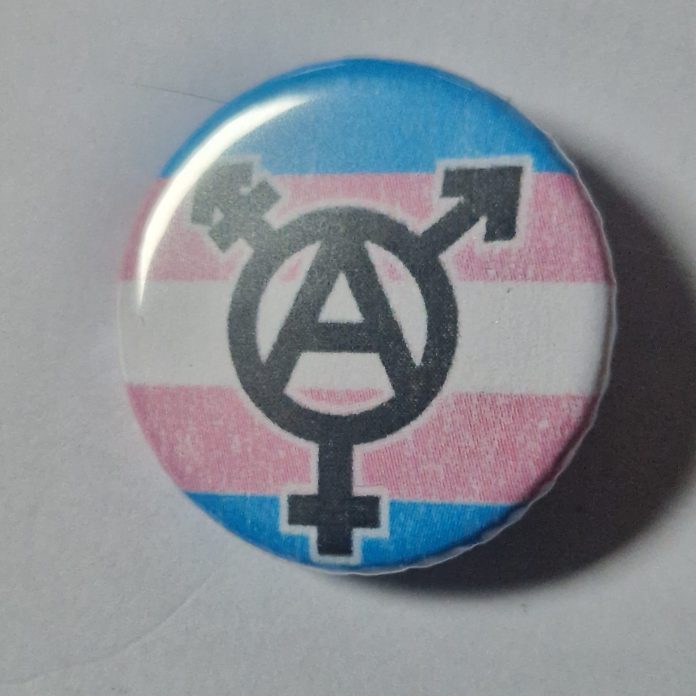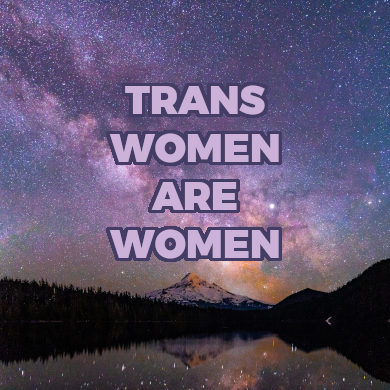8, Squatting is Recycling …. Badge
£0.45
Squatting is the act of occupying an abandoned or unoccupied space or building, usually residential, that the squatter does not own, rent or otherwise have permission to use.
Description
In many of the world’s poorer countries, there are extensive slums or shanty towns, typically built on the edges of major cities and consisting almost entirely of self-constructed housing built without the landowner’s permission. While these settlements may, in time, grow to become both legalised and indistinguishable from normal residential neighbourhoods, they start off as squats with minimal basic infrastructure. Thus, there is no sewage system, drinking water must be bought from vendors or carried from a nearby tap, and if there is electricity, it is stolen from a passing cable.
There is an important distinction to be made between squatting by necessity and squatting as political statement. In this period of global recession and increased housing foreclosures, squatting has become far more prevalent in Western, developed nations. []Obviously, in some cases, need-based and politically motivated squatting go hand in hand. According to Dr. Kesia Reeve, who specializes in housing research, “in the context of adverse housing circumstances, limited housing opportunity and frustrated expectations, squatters effectively remove themselves from and defy the norms of traditional channels of housing consumption and tenure power relations, bypassing the ‘rules’ of welfare provision.”]In effect, beleaguered citizens living in a welfare state that cannot provide them with adequate resources take action into their own hands and squat.
In many countries, squatting is in itself a crime; in others, it is only seen as a civil conflict between the owner and the occupants. “Squatters are usually portrayed as worthless scroungers hell-bent on disrupting society.”[] Property law and the state have traditionally favored the property owner. However, in many cases where squatters had de facto ownership, laws have been changed to legitimize their status. Squatters often claim rights over the spaces they have squatted by virtue of occupation, rather than ownership; in this sense, squatting is similar to (and potentially a necessary condition of) adverse possession, by which a possessor of real property without title may eventually gain legal title to the real property.
Anarchist Colin Ward comments: “Squatting is the oldest mode of tenure in the world, and we are all descended from squatters. This is as true of the Queen [of the United Kingdom] with her 176,000 acres (710 km2) as it is of the 54 per cent of householders in Britain who are owner-occupiers. They are all the ultimate recipients of stolen land, for to regard our planet as a commodity offends every conceivable principle of natural rights.”“The country is riddled with empty houses and there are thousands of homeless people. When squatters logically put the two together the result can be electrifying, amazing and occasionally disastrous.”
Besides being residences, some squats are used as social centres or host give-away shops, pirate radio stations or cafés. In Spanish-speaking countries, squatters receive several names, such as okupas in Spain or Argentina (from the verb ocupar meaning “to occupy”), or paracaidistas in Mexico (meaning “paratroopers”, because they “parachute” themselves at unoccupied land).
These badges come in a variety of colours
Additional information
| Weight | 0.005000 kg |
|---|





